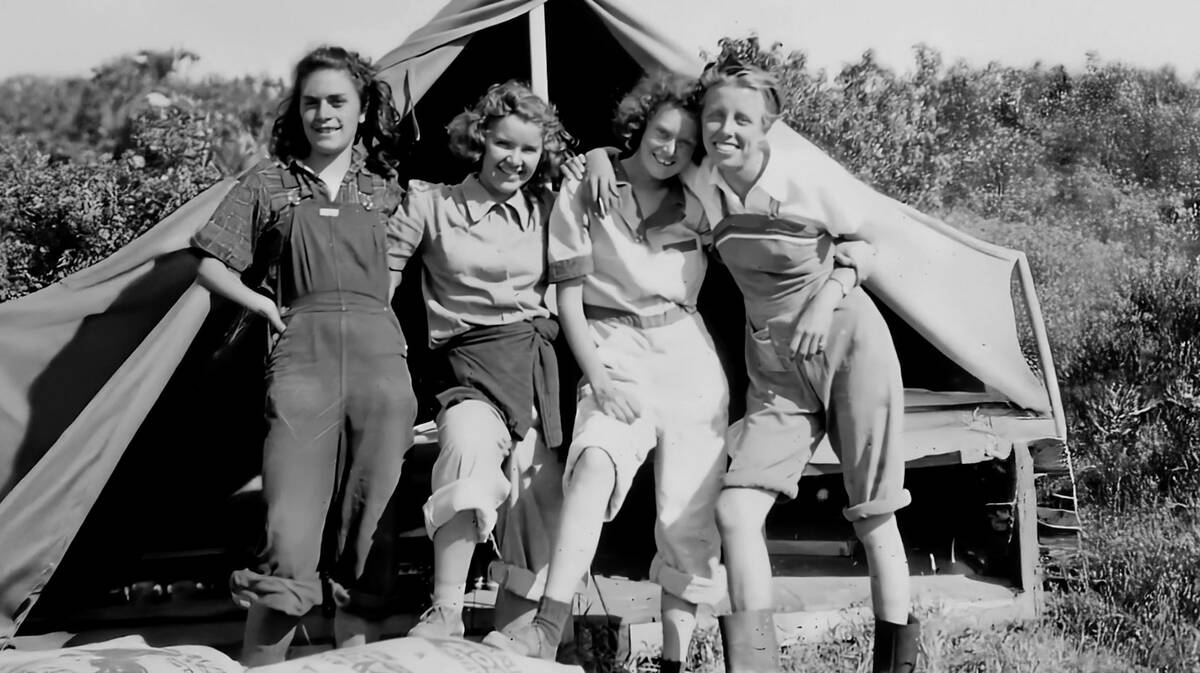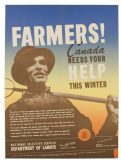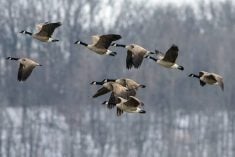Alberta’s minimum wage will rise by $1 Oct. 1 to $12.20 per hour, the third highest level in Canada behind Northwest Territories at $12.50 and Nunavut at $13.
The increase is part of the New Democrat government’s plan to increase the minimum wage to $15 per hour as of Oct. 1, 2018.
As of this Saturday, the province will also eliminate the lower minimum wage for liquor servers, which was $10.70 per hour, so they, too, will be paid a minimum of $12.20.
Across the West, minimum wage in British Columbia is $10.85, in Saskatchewan $10.72 as of Oct. 1, and in Manitoba $11.
Read Also

Women who fed a nation
More than 40,000 young women supported the war effort between the 1940s and early 1950s, helping grow and harvest crops amid labour shortages. They were called Farmerettes.
“Every Albertan working full time deserves to earn enough to provide the basics and live with dignity,” said Labor Minister Christina Gray at a news event Sept. 28 that made note of the increase.
“Increasing minimum wage means fewer families having to visit the food bank to make ends meet. Albertans who see their wage increase will have more money to spend in the local economy on necessities like rent and groceries.”
The government said approximately 300,000 Albertans now earn less than $15 per hour and nearly 62 percent are female.
The Wildrose party said the wage hike will put thousands of jobs at risk, coming as it does during a severe economic downturn in the province.
Wildrose leader Brian Jean said more than 4,100 businesses have closed in Calgary this year and more than 8,500 jobs lost in Edmonton.
“By making it even more costly for employers to create jobs, the NDP have completely abandoned their duty to do no further harm when Albertans are already hurting,” Jean said in a news release.
The Wildrose party asked the NDP to delay the wage increase and do an economic impact study on its ramifications, but that idea was rejected by government.
Policy analysts at the Fraser Institute also panned the minimum wage increase.
“In just a year, and at a time when the energy sector has been hit hard by depressed commodity prices, the provincial government has made several policy choices that stand to hinder investment and growth. That includes mushrooming deficits; major personal and corporate income tax rate hikes; minimum wage increases; a new carbon tax; a new costly emissions cap on oil sands production; and much more,” said analysts Charles Lammam and Taylor Jackson in a column distributed to media.
Asked Sept. 28 about the wage hike, Premier Rachel Notley defended her government’s plan to reach the $15 per hour level.
“I absolutely believe that it’s the right time because when you look at the issue of economic health, there’s a number of different factors to it, and one of the things that economists worldwide will tell you is a threat to economic stability and economic growth is gross inequality,” she said.
“Part of creating a more prosperous and quality-based form of prosperity in Alberta is ensuring that lowest paid workers in our communities, in our neighbourhoods actually can earn enough working 40 hours a week to be able to go home without stopping at the food bank to feed their children.”
Notley acknowledged that some small business owners object to the wage increase, which will drive up their costs and potentially make them unprofitable.
She said a reduction to small business taxes will be implemented Jan. 1, 2017.
Contact barb.glen@producer.com















